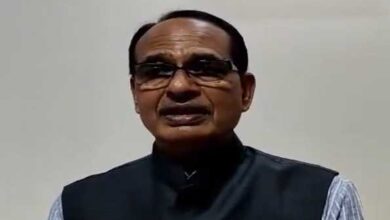
Mobilenews24x7 Bureau
IIT Kanpur is ready with an artificial heart that would be of great help to people with acute cardiac problems. IIT Kanpur Director, Abhay Karandikar, said that the trial on animals would begin next year.
Now heart transplant will be easy. Artificial hearts can be implanted in serious patients. IIT Kanpur and cardiologists from across the country have developed this artificial heart. Trial on animals will start from February or March. After success in the trial, transplantation can be done in humans in the next two years. Artificial heart is being developed to reduce the sufferings of the patients.
A team of 10 scientists and doctors has prepared this artificial heart. After the success of the trial on animals, heart transplantation in humans will begin within two years.
Significance Of This:
India imports 80 per cent of equipment and implants from abroad. Only 20 percent of the equipment and implants are being manufactured in India. Most of the implants and stents for heart patients are being imported.
Covid-19 taught us some hard lessons. Before Covid, ventilators were not made in India. To save the lives of corona-infected, Indian scientists and doctors prepared ventilators in just 90 days. Two companies are manufacturing ventilators in India. Foreign ventilator costs Rs 10 to 12 lakh while Indian ventilator is being made for only Rs 2.5 lakh.
About This Project:
The School of Medical Research and Technology (SMRT) of IIT Kanpur has launched the Hridyantra, a challenge-based programme to develop advanced artificial heart also called Left Ventricular Assist device (LVAD) for patients with end-stage heart failure in January 2022. The programme has been launched in collaboration with nation’s leading hospitals and will be steered by a team of innovators with relevant experience selected under the mentorship of a task force comprising industry experts. The project was seed-funded by Padma awardee Sudha Murthy and the Indian Council of Medical Research (ICMR).






